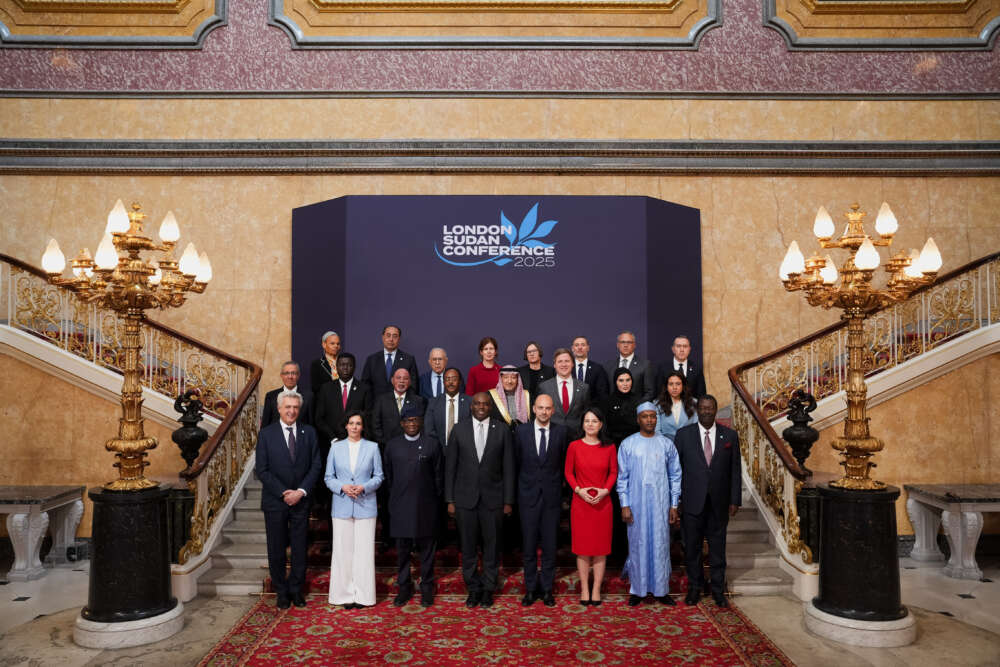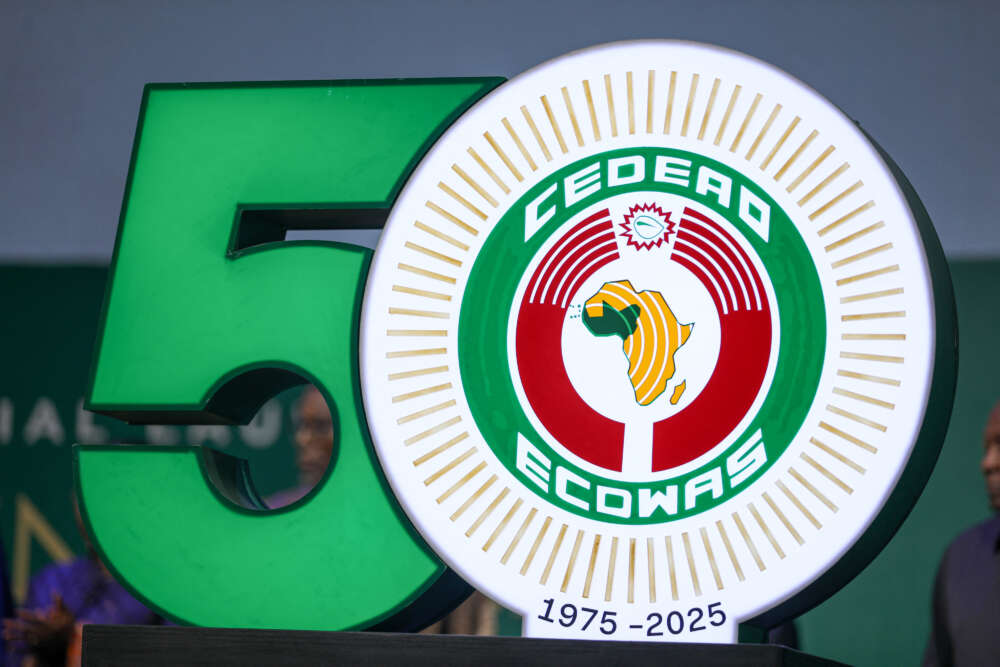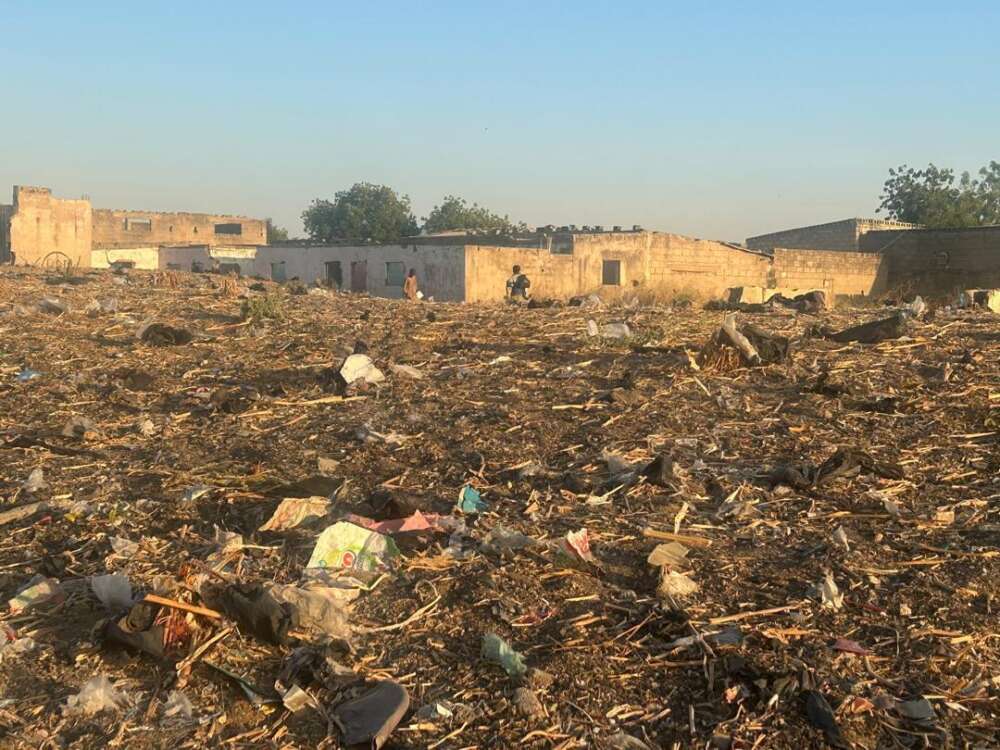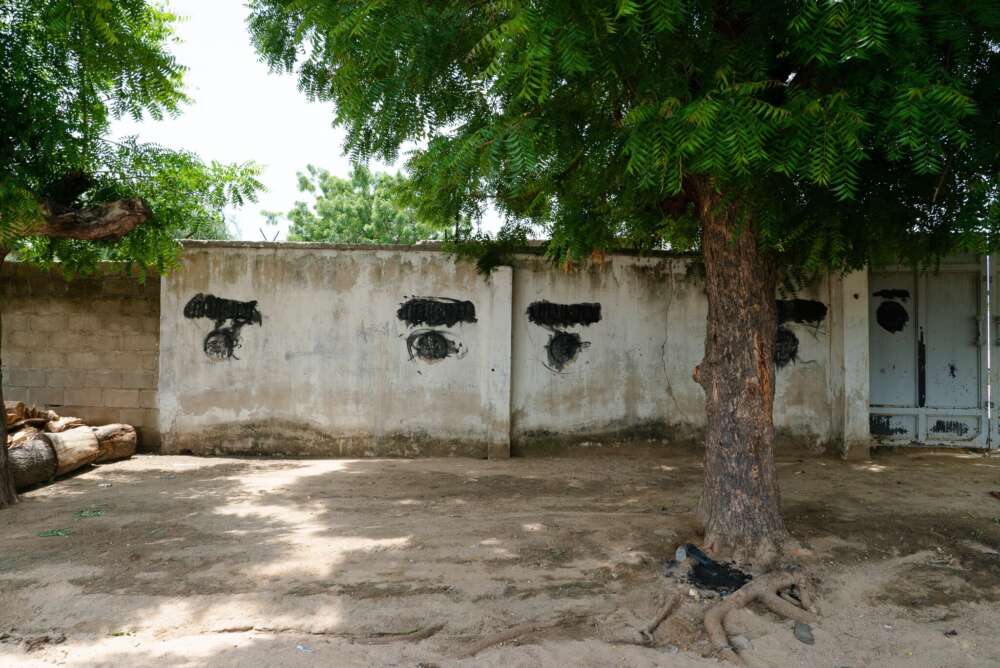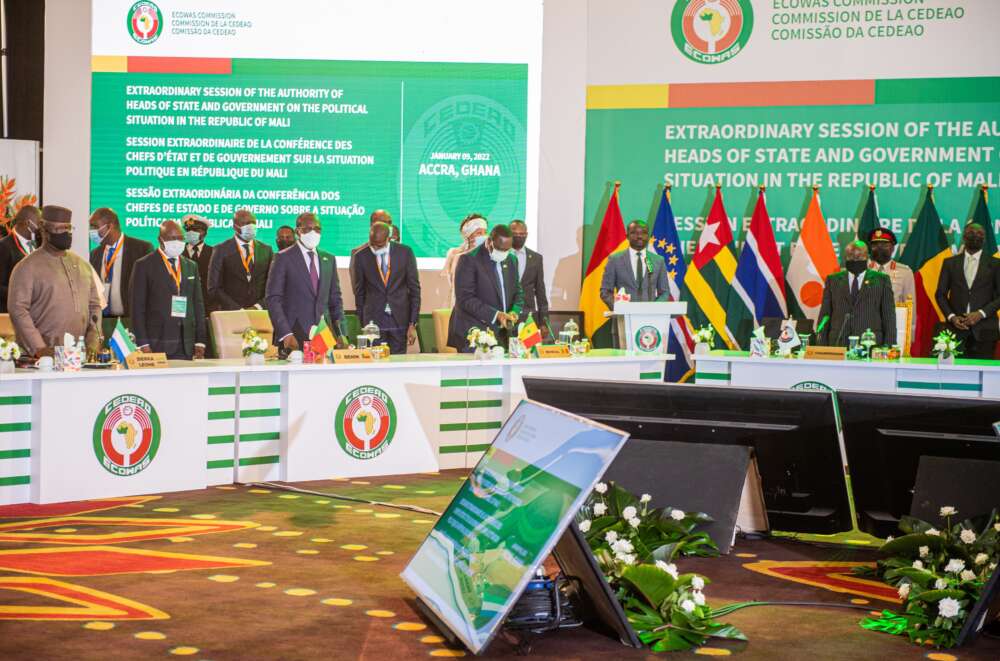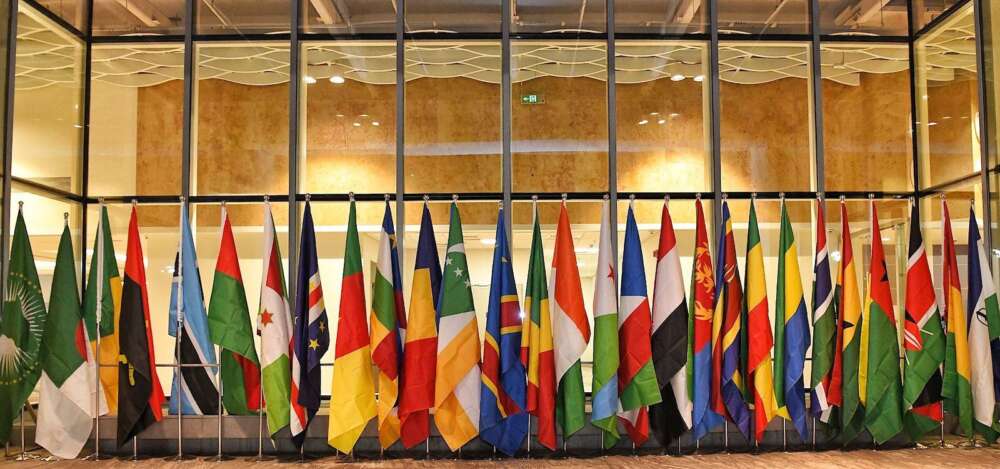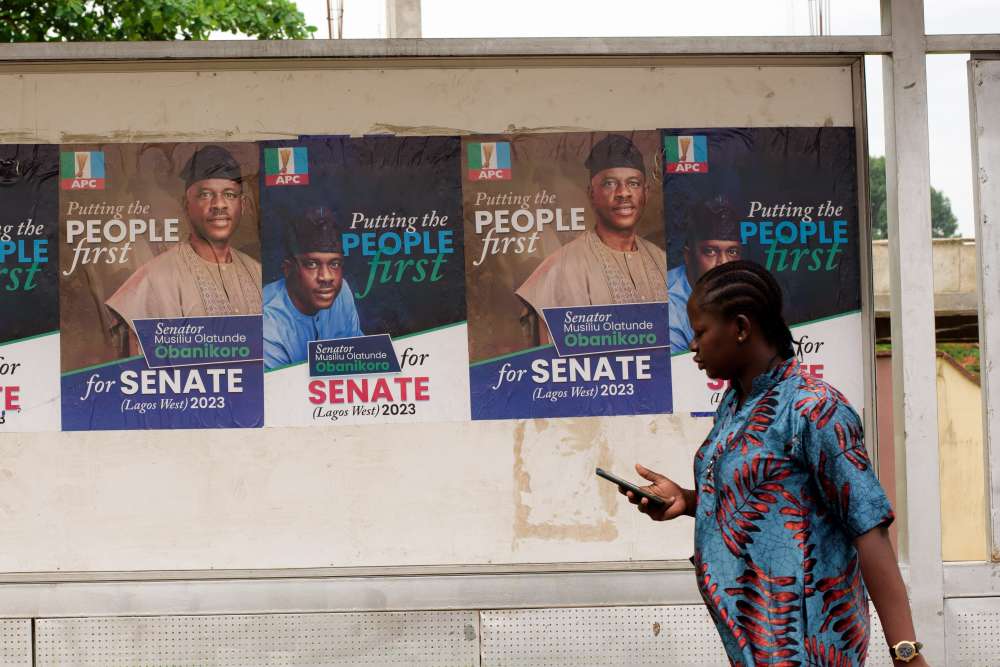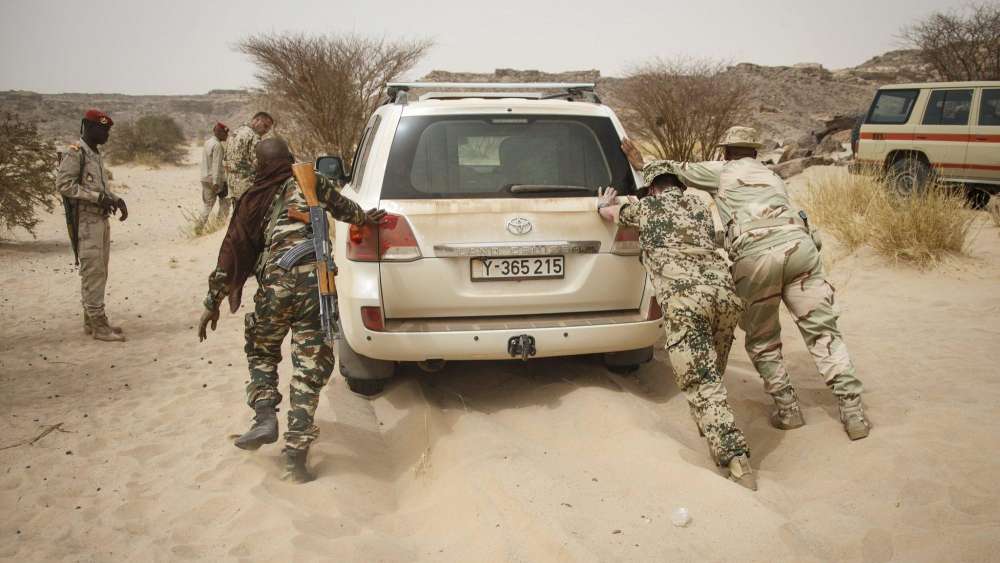Political Tools for Managing Crises in Africa
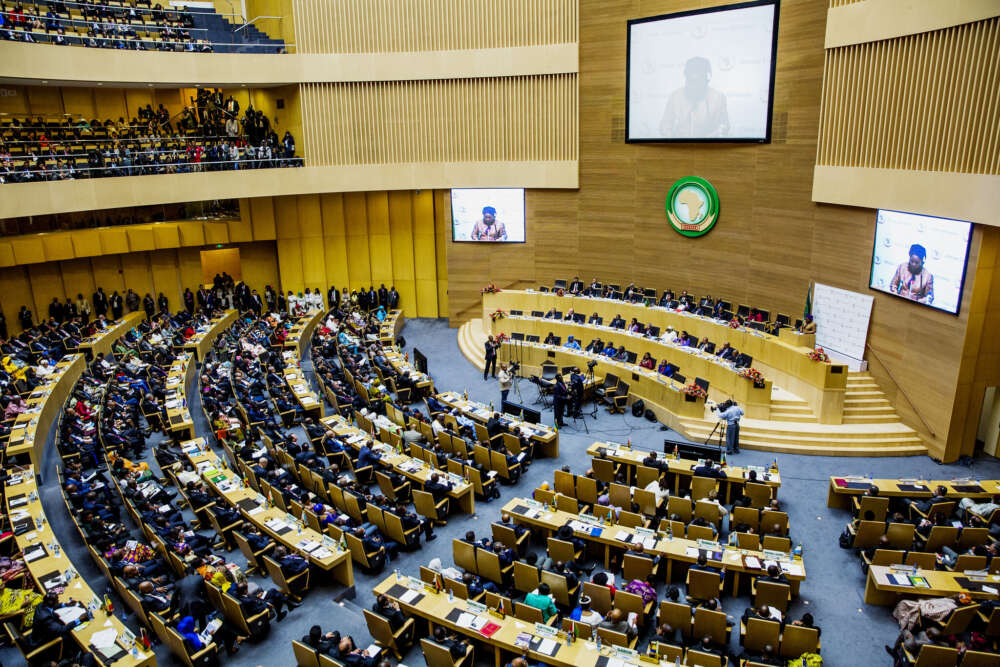
Project Team: Gelila Enbaye, Melissa Li, Abi Watson
The African continent faces several governance and security challenges, including civil wars in East Africa, a resurgence of military coups in West Africa and persistent violent extremism in the Lake Chad Basin. Previous European and African policy responses to these challenges have often been inadequate. Some followed a “one-size-fits-all” approach. Other responses were rooted in Western-centric assumptions about stabilization and peace. And many involved the use of militarized and securitized tools (often aimed at reducing violence) without taking local perspectives into account or understanding the root causes of conflict. After decades of external as well as African interventions, protracted conflicts and insecurity plague regions like the East Africa and the Sahel.
This demonstrates that international and continental stakeholders need to recalibrate and reprioritize efforts and resources. In particular, the need for political, non-kinetic approaches (such as rehabilitation of ex-combatants, as well as conflict resolution and diplomacy between conflict actors) is clear across the continent. Given the complexity of these contexts and the protracted nature of crises, the revision and improvement of existing policy tools is of central importance.
This joint project between GPPi and the Institute for Security Studies (ISS) hopes to address this need by analyzing the following contexts to provide actionable policy recommendations:
· Mediation efforts in Sudan’s civil war
· Holistic approaches to violent extremism in the Lake Chad Basin
· Economic Community of West African States’s (ECOWAS) capacity to respond to unconstitutional changes of government in its member states
Through a series of meetings where African and European stakeholders come together, the team will develop three policy briefings, exploring the use of political tools in these crises and the possible lessons they can offer us for future challenges.
GPPi’s Stabilization Lab is a project funded by and working closely with the German Federal Foreign Office. We are examining enduring challenges, lessons learned and best practices around stabilization policy. Find out more about our work here.
For more information, please contact Gelila Enbaye.
